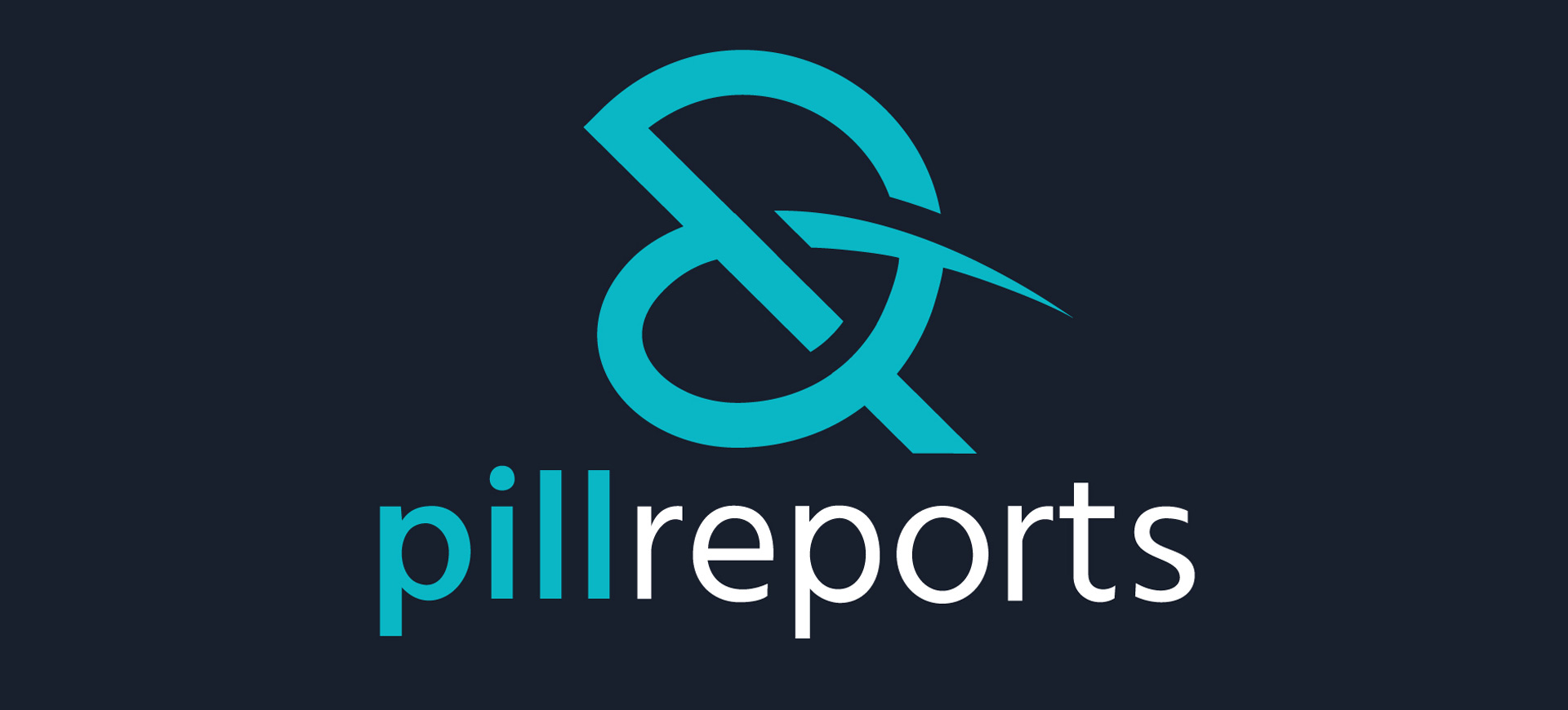Why Transparency and Trust Matter in the Cognitive Supplement Market
In today’s fast-paced world, cognitive performance is more valued than ever. From busy professionals seeking mental clarity to students chasing sharper focus, the demand for cognitive supplements—also known as nootropics—has skyrocketed.
Yet, as the market grows, so does the risk of misinformation, misleading claims, and poorly regulated products. For both brands and consumers, the conversation must shift from hype to integrity. Transparency and trust aren’t just buzzwords in this space—they’re the foundation of long-term success, safety, and efficacy.
The Rapid Growth of the Cognitive Supplement Market
The global cognitive supplement market has seen explosive growth over the last decade, with projections suggesting it could exceed $15 billion by 2030. This momentum is driven by several converging trends: the rise of biohacking culture, an aging population seeking brain longevity, increased awareness of mental health, and the hustle-driven mentality of modern work life.
With more consumers seeking solutions to improve memory, focus, mood, and mental stamina, companies are flooding the market with pills, powders, and drinks promising cognitive boosts. But with rapid expansion comes a crucial issue: how can consumers separate trustworthy formulations from clever marketing?
What Transparency Really Means
Transparency in the supplement industry means far more than a pretty label or a clean-looking website. It’s about companies being open and honest with what’s in their products, how they’re made, and what they can—and cannot—do. True transparency involves:
- Full disclosure of ingredient lists, including dosages
- Avoidance of proprietary blends that obscure what you're really taking
- Third-party testing to validate purity and potency
- Citing real clinical research to support claims
- Making lab results and sourcing practices available to consumers
When a company embraces transparency, it empowers the consumer to make informed decisions. This isn’t just ethical—it’s smart business.
The Role of Trust in a Crowded Market
Trust is what turns a one-time buyer into a lifelong customer. In a crowded field of similar-sounding nootropics, trust becomes the differentiator. But trust isn’t just earned through effective products; it’s built through consistent communication, ethical marketing, and a demonstrated commitment to quality.
Brands that take shortcuts, rely on flashy buzzwords, or hide behind ambiguous formulations may get short-term gains. But long-term success belongs to those who consistently deliver on their promises and treat their customers with respect.
A great example of this philosophy in action is Mind Lab Pro, which has become a respected name in the industry thanks to its transparent formula, research-backed ingredients, and third-party testing. It stands as a trusted nootropic you can buy directly, offering peace of mind for discerning consumers.
Where Transparency Falls Short
Despite some positive progress, the cognitive supplement space remains full of gray areas. Common transparency issues include:
- Proprietary blends: These allow brands to list a group of ingredients without revealing the specific amounts of each one. This practice prevents consumers from knowing whether an ingredient is dosed at a clinically effective level, or merely sprinkled in to look impressive.
- Overhyped claims: Terms like “clinically proven” or “doctor-recommended” are often used without evidence. Many supplements cite obscure studies or draw exaggerated conclusions from limited data.
- Lack of safety data: Some products fail to warn consumers of potential interactions, side effects, or dosage limitations.
These shortcomings undermine trust and make it difficult for even educated buyers to navigate the landscape.
The Limits of Regulation
In many regions, including the U.S., cognitive supplements are regulated as food, not medicine. This means they don’t go through the same rigorous testing as pharmaceutical drugs. Regulatory agencies like the FDA only take action after a product is proven to be unsafe, not before it hits the shelves.
This reactive system creates a gap in consumer protection. While some oversight exists, it’s minimal compared to what many people assume. That’s why the burden falls on brands to go beyond the bare minimum by voluntarily investing in higher-quality manufacturing, third-party validation, and evidence-based formulation.
Leading by Example: What Transparent Brands Do Right
Some brands in the cognitive supplement space are rising to the challenge by prioritizing trust and transparency. These companies often:
- Use scientifically validated ingredients at clinically effective doses
- Provide access to third-party lab reports to verify product integrity
- Publish the research behind their formulations
- Avoid artificial fillers, banned substances, and proprietary blends
- Offer money-back guarantees as a sign of confidence
Empowering the Educated Consumer
The modern consumer is no longer passive. People are actively researching what they put into their bodies—and they’re better equipped than ever to spot red flags. This consumer empowerment has pushed brands to raise their game or risk being left behind.
Many buyers now expect:
- Clean labeling with no hidden ingredients
- Research citations directly linked to ingredients
- Ethical sourcing and sustainable manufacturing
- Access to independent reviews and third-party test results
Online platforms, forums, and transparency scorecards have become tools for holding companies accountable. Informed consumers are shaping the future of the industry, rewarding those who earn their trust.
Conclusion
In an industry driven by ambition and innovation, transparency and trust remain the anchors that keep everything grounded. Cognitive supplements have the potential to improve lives, but only when companies act with integrity and consumers stay informed.
Brands that embrace transparency—from formulation to marketing—will not only gain trust but build lasting value. Because when it comes to your brain, trust should never be optional.
- Posted by pradmin
- August 11, 2025
ABOUT PILLREPORTS
Pillreports is a global database of Ecstasy" pills based on both subjective user reports and scientific analysis. "Ecstasy" is traditionally the name for MDMA based pills, however here we also include closely related substances such as MDA, MDEA, MBDB. Pills sold as "Ecstasy" often include other, potentially more dangerous, substances such as methamphetamine, ketamine and PMA.
